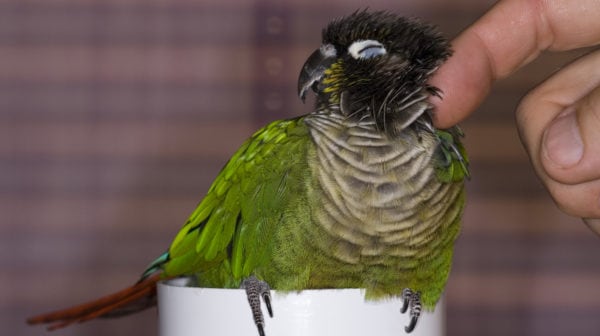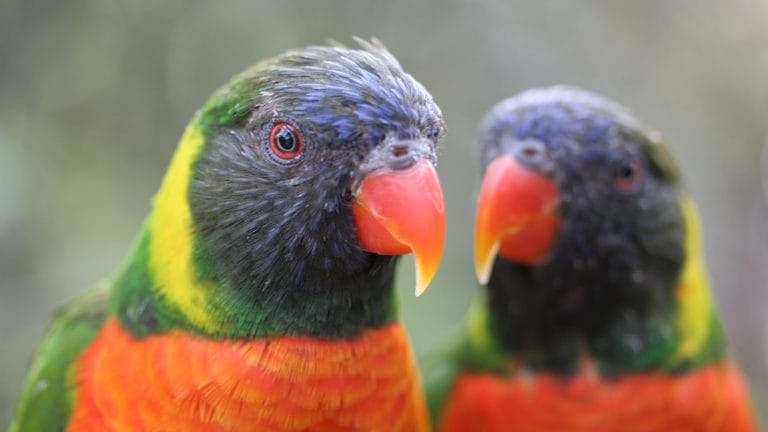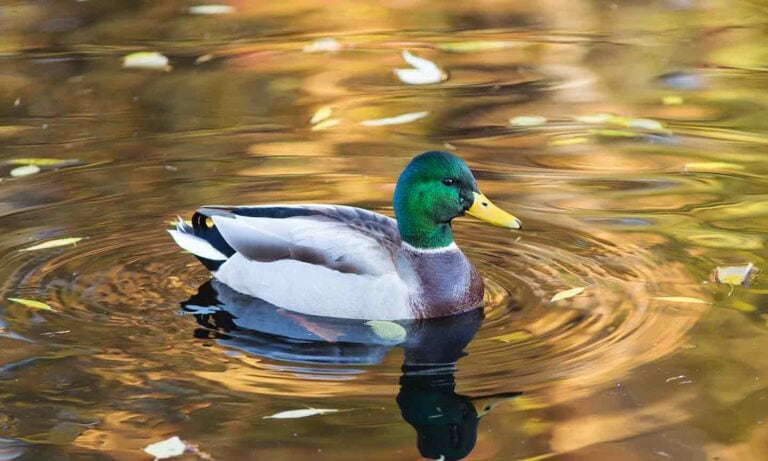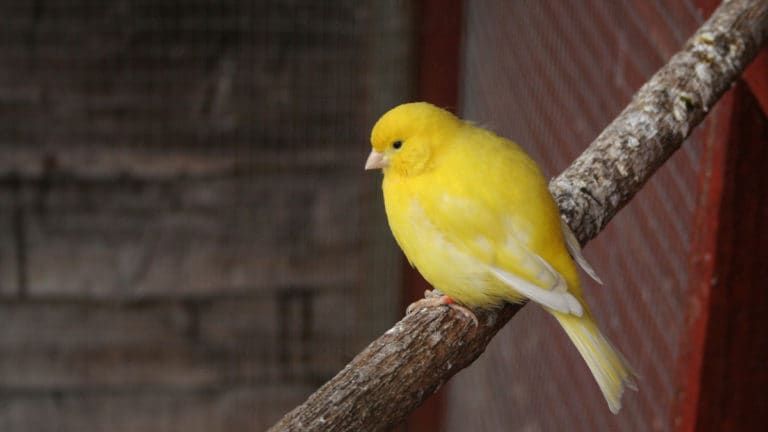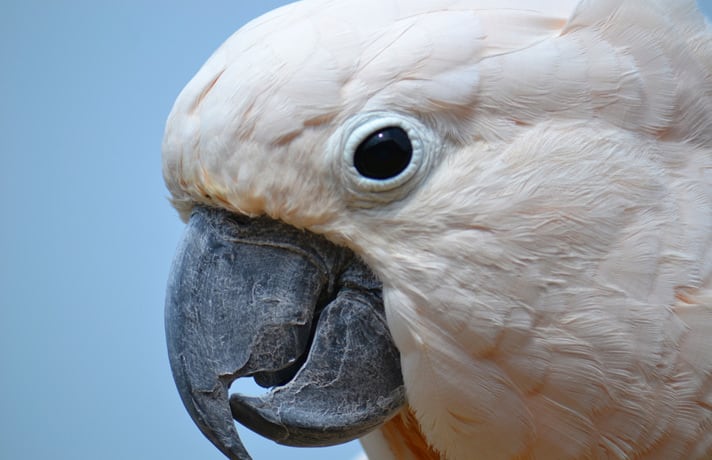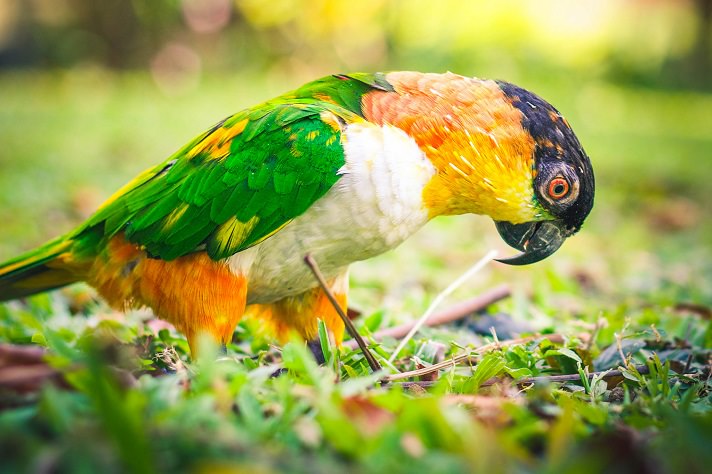Families looking for a bird as a pet bird may come across conures when doing their research. With more than 100 different species and subspecies of conures, parents and children can easily be overwhelmed by all the conures they can choose from. Conures make great family pets, in short, because:
- They adapt easily.
- There are many types of conures that are ideal for first or experienced bird owners.
- Conures are reasonably priced and easily obtainable. You can adopt too!
- Conures are great in groups or alone.
- Conures’ cages don’t take up as much space.
Let’s explore those reasons some more.
1. Adaptable And Resilient Conures
Conures are “fairly flexible and [an] easy going bird,” explains Cheryl Burns, aviculturist and former president of the Interational Conure Association. Conures’ adaptability enables them to adjust easily to their new environment and family’s schedule. Burns said that conures are good at:
- Schedules for eating
- Taking to family members intuitively because they are naturally “playful and curious”
- Being boarded and moving with a family.
Jamie Whittaker of ABC Birds in Humble, Texas explains conures can be trained to, “come in and out of the cage, stay on their playstand, perform tricks, bow, go to other people,” along with moving onto a person’s hand and can be trained to be groomed. Whittaker said, “[conures] make good family pets because they are not intimidating looking so kids are willing to handle them.”
2. Types Of Conures To Consider
Whittaker recommends green-cheeked conures because they are quieter than the Aratinga conure species. Green-cheeked conures come in color mutations including common maroon tail and green body, cinnamon, turquoise and blue and yellow-sided. Similar in size to green-cheeked conures, about 10 inches in length, crimson-bellied conures and black-capped conures are recommended by Whittaker because they are quieter than the Arantinga-type conures. Other recommended conure species, according to Whittaker, include half-moon conures, peach-fronted conures and dusky sub-species of the Arantinga-type conures, because they are only slightly louder than a green-cheeked conure.
3. Conures Can Be Easy To Find
Depending on the type of conure and where one is bought, prices vary. Green-cheeked conures have an average price range of $149 to $350, according to Whittaker, with breeders likely cheaper and pet stores being more expensive. You can also considering adopting a conure too!
4. One Conure Or Two?
Whether a family wants a single conure or multiple conures depends on the makeup and desire of the family. Whittaker explains the number of conures that might be appropriate for a family depends on a family’s lifestyle, the number of people that loves birds in the home and the sociability of conures. As Whittaker explains, “[conures] socialize well with other birds; they socialize with other people,” demonstrating how conures can live alone or with one or multiple other conures, even to 10 to 12 companion conures or more because conures enjoy the company of other birds. This leaves discretion up to the family’s needs and desires. Whether a family wants a single conure or multiple conures depends on the makeup and desire of the family.
5. Conure Cages Don’t Require A Lot Of Space
Burns adds that conures, “don’t take up a lot of space.” Compared to a macaw cage, especially! Ranging from eight to 14 or 16 inches in length, including their tail, conures can move around a 24- to 36-inch bird cage without brushing up against the sides. This doesn’t mean you can put the conure in a corner and forget about him! Conures love to hang outside of their cage, on their playstand or with you!
Posted by: Chewy Editorial
Featured Image: via Peter Leahy/Shutterstock.com
Share:
